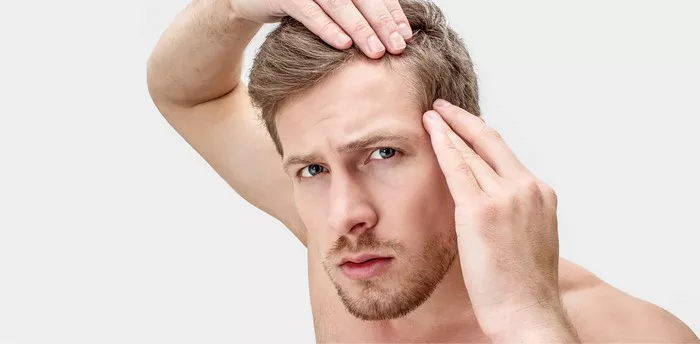Hair transplants have become a popular option for individuals seeking to address hair loss and restore their hairline. However, determining the best age to undergo a hair transplant is a crucial consideration. In this article, we will explore the factors to consider when determining the optimal age for a hair transplant, including eligibility criteria, age considerations, assessing hair loss progression, and nurturing techniques to achieve soft and silky hair post-transplant. By providing insights into these aspects, we aim to guide individuals in making informed decisions about the timing of their hair transplant.
Understanding Hair Transplant Eligibility
Hair transplant eligibility depends on various factors, including the cause and extent of hair loss, overall health, and realistic expectations. It is important to consult with a qualified hair transplant surgeon who can assess individual circumstances and recommend the most suitable treatment options.
Age Considerations for Hair Transplants
While there is no specific “best age” for a hair transplant, age considerations play a role in determining the timing of the procedure. Here are some key points to consider:
Age and Hair Loss:
Hair loss can occur at any age, but it is important to evaluate the stability and progression of hair loss before undergoing a transplant. Younger individuals with ongoing hair loss may require additional procedures in the future to address new areas of thinning.
Age and Donor Hair:
The availability and quality of donor hair, typically from the back and sides of the scalp, are crucial for a successful transplant. Older individuals may have a more stable donor area, making them suitable candidates for the procedure.
Psychological Impact:
Hair loss can have a significant psychological impact, and the emotional well-being of the individual should be considered. If hair loss is causing distress or affecting self-esteem, a hair transplant at a younger age may be beneficial.
Assessing Hair Loss Progression
Assessing the progression of hair loss is crucial in determining the optimal timing for a hair transplant. Factors to consider include:
Stability of Hair Loss:
It is important to ensure that hair loss has stabilized before undergoing a transplant. If hair loss is still actively progressing, it may be advisable to wait until the pattern has become predictable.
Pattern of Hair Loss:
Understanding the pattern of hair loss is essential for planning the transplant. Different patterns of hair loss require specific strategies to achieve optimal results.
Future Hair Loss Expectations:
Consider the potential for future hair loss and the long-term goals of the individual. A comprehensive treatment plan should take into account potential future hair loss and incorporate strategies for ongoing maintenance.
Achieving Soft and Silky Hair: Post-Transplant Care
To achieve soft and silky hair after a hair transplant, post-transplant care is essential. Nurturing techniques include:
Gentle Hair Care:
Use mild shampoos and conditioners recommended by your surgeon to maintain the softness and health of transplanted hair. Avoid aggressive rubbing or scratching of the scalp during washing and drying.
Scalp Massage:
Gently massage the scalp to stimulate blood circulation and promote hair growth. However, avoid applying excessive pressure to the transplanted area.
Nutrient-Rich Diet:
A balanced diet rich in vitamins, minerals, and proteins supports overall hair health. Adequate nutrition helps nourish the transplanted hair and promote its growth and quality.
Regular Follow-ups:
Regularly visit the hair transplant surgeon for follow-up appointments and guidance. They can assess the progress of the transplant, provide personalized advice, and address any concerns.
Conclusion:
Determining the best age for a hair transplant involves assessing hair loss progression, considering age-related factors, and consulting with a qualified hair transplant surgeon. While there is no one-size-fits-all answer, evaluating stability, donor hair availability, and psychological impact are crucial. Post-transplant care, including gentle hair care, scalp massage, nutrient-rich diet, and regular follow-ups, contributes to achieving soft and silky hair. By considering these factors, individuals can make informed decisions about the timing of their hair transplant to achieve optimal results.


